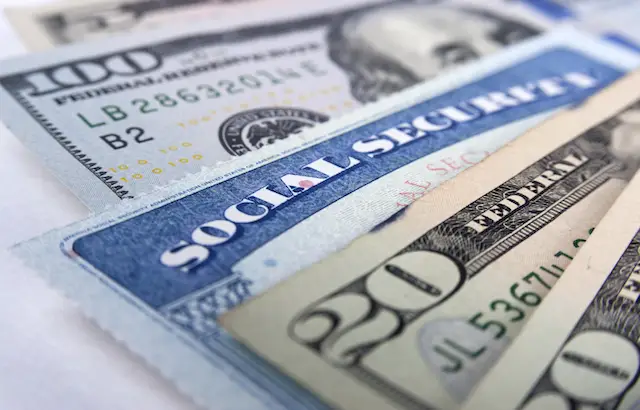U.S. Sen. Charles Schumer (D-NY) announced this week an initiative designed to offset the modest size of the coming year’s cost of living adjustment (COLA) for seniors on Social Security.
Sen. Schumer notes that these adjustments have been small over the past few years. This coming year’s adjustment of 0.3 percent follows zero adjustment for 2016.
In response, Sen. Schumer’s legislation would provide a one-time payment of $581 to Social Security recipients, including disability beneficiaries.
Contrary to public opinion, COLAs are not a raise. They are a systemic means of preserving the buying-power of your benefit which was set at the start of your retirement. Schumer’s statement suggested that these mechanics of the COLA are flawed because they over-weight the value of price changes in sectors unrelated to seniors.
This legislation fits into an on-going debate about the right measure for the COLA. The COLA adjust at the moment is determined by CPI-W, which is a generic broad measure of buying. Some believe that this measure overstates actual inflation, and others argue that it is too low. There is no one right answer because inflation affects individuals differently.
Schumer’s press release claims that this legislation would provide a roughly $581 benefit to about 70 million seniors, veterans, persons with disabilities. The cost of the legislation is roughly $40 billion. These changes would be paid for by changes to the to the $1 million limitation of deductible employee compensation. While the release does not provide details, Schumer also estimates that this change will make Social Security more solvent.
Senator Schumer’s media office was not available for comment about the mechanics of the proposal, so it is unclear whether this benefit would target all seniors or just those eligible for Social Security. If this proposal works like similar legislation, former Federal workers who were not covered by Social Security until 1983 would not get a payment. Ironically enough, the pensions serving the excluded seniors in many cases are not adjusted at all for inflation.
Separately, it seems unlikely that this proposal would provide any support for Social Security which derives its primary revenue from payroll taxes. This isn’t a mechanical question. Historically supporters of the program have resisted using general fund subsidies for the system because this type of revenue introduces questions about the independence of the program.



